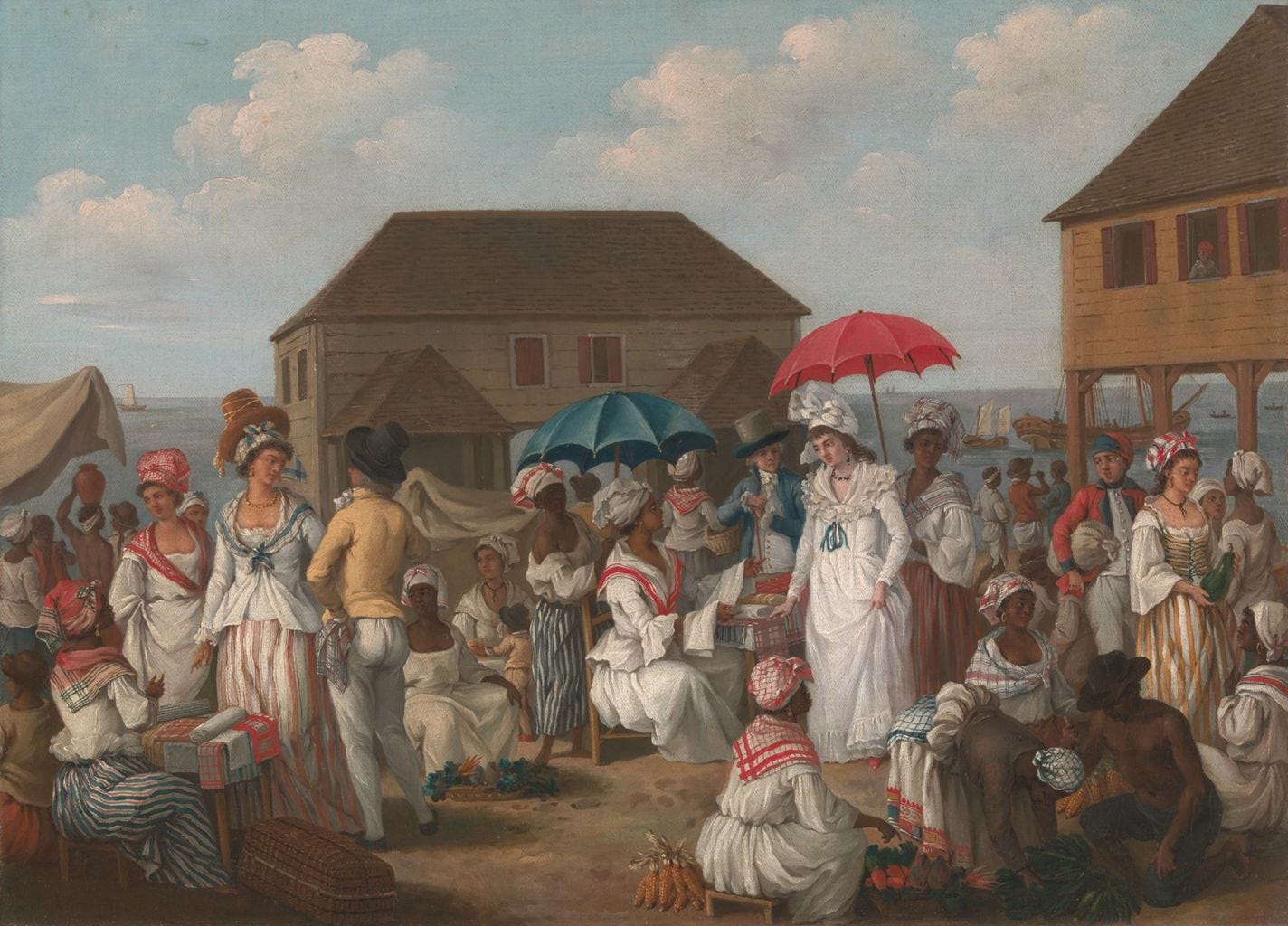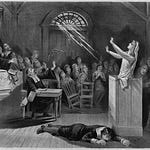The image of slavery that is pervasive in media—the black man in raggedy clothes, with a scarred back, hunched over low-lying plants in a field—is a correct version of the life of a slave. But it’s only a version. There is also the rope maker that works alongside a white servant and master artisan. Or the woman tending to her chickens then sewing linen clothes for her husband. Or even the man in a powdered wig, his silver buttons on his newly purchased jacket, walking the streets on a Sunday morning.
Slavery as an institution was horrendous and vile. But that did not mean the slaves were going to accept their position without protest. This protest was most often not violent, but rather a silent protest of seeking the best life possible despite the consequences. The story of this episode covers the more nuanced version of slavery than is typically described in popular discourse.
No doubt, the story of the tortured man in the fields is an important one, but so is the story of the man who understands he has agency and acts on it in any way he can.
The notes are relatively sparse for this one (kind of…) so there is quite a bit of work to do to fill in the missing pages…
Music
Intro: Fractured Timeline - Sémø
Outro: Rise Again - EV!
Sources
Many Thousand Gone - Ira Berlin
Gotham - Edwin G. Burrows, Mike Wallace
American Colonies - Alan Taylor
Before the Revolution - Daniel K. Richter














Share this post